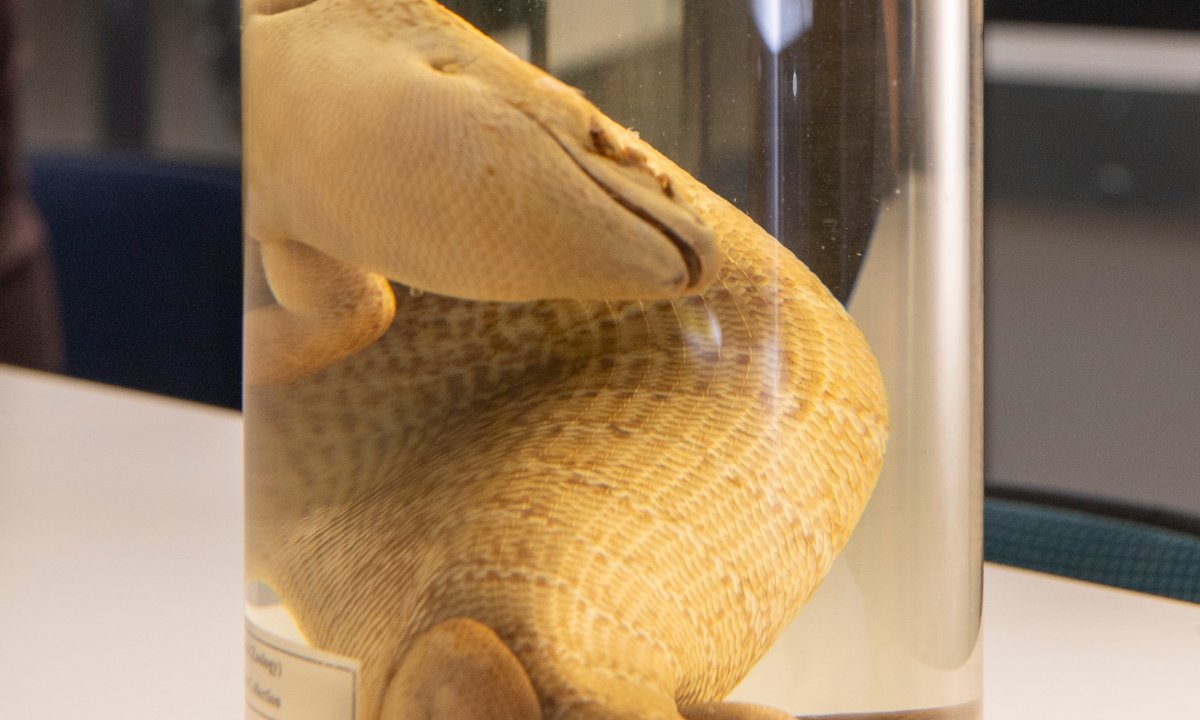
"In April 2024, the first repatriation of a natural history specimen to the English-speaking Caribbean occurred between the University of the West Indies in Jamaica and the University of Glasgow in Scotland under a memorandum of understanding. The specimen, an extinct , a reptile which the team named Celeste, was last documented as seen in the 1840s. The specimen is now in the national flora and fauna collection of the Natural History Museum of Jamaica."
"Repatriation responds to European colonialism and expansion. In the Caribbean, colonisation resulted in the systematic depopulating of Indigenous peoples, the forced importation of Africans, and the arrival of Indians and Chinese under indentureship schemes. Imperial expansion also relied on cultural extraction and theft. In Jamaica, cultural items were taken during Spanish (1492-1655) and British rule (1655-1962) and classified as patrimony of empire. Their removal in the name of empire represents looting, and their repatriation establishes a restitutive process to reclaim material cultural identity."
In April 2024, a natural history specimen—an extinct reptile named Celeste—was repatriated from the University of Glasgow to the National Flora and Fauna Collection at the Natural History Museum of Jamaica under a memorandum of understanding. Repatriation responds to European colonialism and expansion that caused Indigenous depopulation, forced African importation, and indentureship of Indians and Chinese in the Caribbean. Imperial expansion relied on cultural extraction and theft, with Jamaican cultural items removed under Spanish and British rule and classified as patrimony of empire. Repatriation functions as a restitutive process to repair damage, though legal and international conventions provide limited retroactive coverage, and national legislative frameworks complicate claims.
Read at The Art Newspaper - International art news and events
Unable to calculate read time
Collection
[
|
...
]